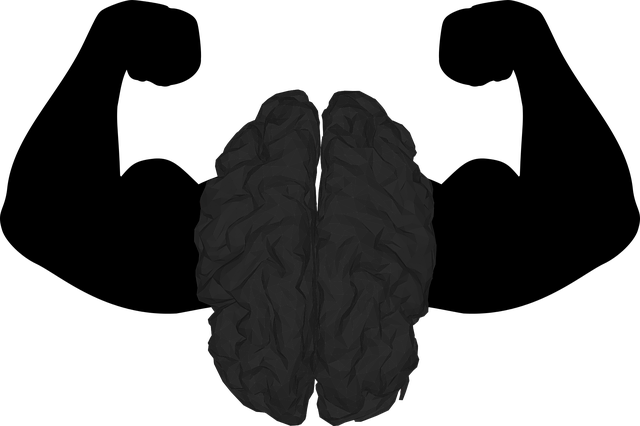Mental health data collection through diverse methods like surveys, clinical interviews, and social media analytics is vital for innovative solutions like Golden Pain Management Therapy (GPMT). Data preparation ensures privacy while enabling structured analysis. Community outreach improves access to underrepresented populations' data, and self-care practices enhance therapeutic outcomes. Risk assessment is crucial for safe data handling. Analyzing GPMT trends reveals effective aspects, such as Social Skills Training's impact on patient-therapist relationships, and identifies areas for enhancement. Golden Pain Management Therapy combines traditional and modern techniques to offer lasting pain relief, providing hope for chronic pain sufferers.
Mental health data analysis has become a powerful tool in understanding and improving patient care. In this article, we explore the intricate process of analyzing and interpreting trends in mental health, with a specific focus on Golden Pain Management Therapy (GPMT). We delve into the collection and preparation of data, uncovering valuable insights that can enhance GPMT outcomes. By examining patterns, we uncover practical applications, enabling healthcare professionals to provide tailored, effective care, ultimately improving patient well-being.
- Understanding Mental Health Data: Collection and Preparation
- Analyzing and Interpreting Trends in Golden Pain Management Therapy
- Practical Applications: Using Insights for Improved Patient Care
Understanding Mental Health Data: Collection and Preparation

Understanding Mental Health Data is a foundational step in effective analysis and interpretation, which can lead to innovative solutions like Golden Pain Management Therapy. The process begins with data collection, where various methods are employed to gather insights into individuals’ mental health states. This includes surveys, clinical interviews, and even social media analytics, ensuring diverse perspectives. Once the data is collected, preparation becomes crucial. It involves cleaning the data to handle missing values and inconsistencies, and transforming it into a structured format suitable for analysis. This step also includes normalizing sensitive information to maintain privacy while facilitating meaningful interpretations.
Community Outreach Program Implementation can play a pivotal role in this phase by providing access to underrepresented populations’ mental health data, ensuring comprehensive understanding. Moreover, integrating Self-Care Practices as part of data preparation helps individuals manage their mental well-being, potentially influencing therapeutic outcomes and the overall analysis. Additionally, conducting Risk Assessment for Mental Health Professionals is essential to safeguard those who collect and interpret this sensitive data, fostering a healthier environment for analysis.
Analyzing and Interpreting Trends in Golden Pain Management Therapy

Analyzing trends in Golden Pain Management Therapy (GPMT) offers valuable insights into its effectiveness and potential improvements. By examining data from various sources, mental health professionals can gain a comprehensive understanding of GPMT’s impact on patients’ pain levels, overall well-being, and quality of life. This analytical approach is crucial for optimizing treatment protocols and tailoring interventions to individual needs.
Focusing on key metrics such as pain intensity, medication use, and patient satisfaction, researchers can identify patterns that highlight successful aspects of GPMT. For instance, Social Skills Training techniques may contribute to improved patient-therapist relationships, enhancing Anxiety Relief during therapy sessions. Additionally, risk assessment data is essential for identifying potential complications, allowing mental health professionals to implement early interventions and mitigate risks associated with GPMT, ensuring patient safety and positive outcomes.
Practical Applications: Using Insights for Improved Patient Care

Mental health data analysis is a powerful tool that, when applied to treatments like Golden Pain Management Therapy, can significantly enhance patient outcomes. By understanding and interpreting trends within this data, healthcare professionals can make informed decisions, personalize care plans, and ultimately improve the lives of those seeking relief from chronic pain. The practical applications discussed in this article highlight the potential for data-driven insights to revolutionize mental health management, making it a game-changer in the field.














